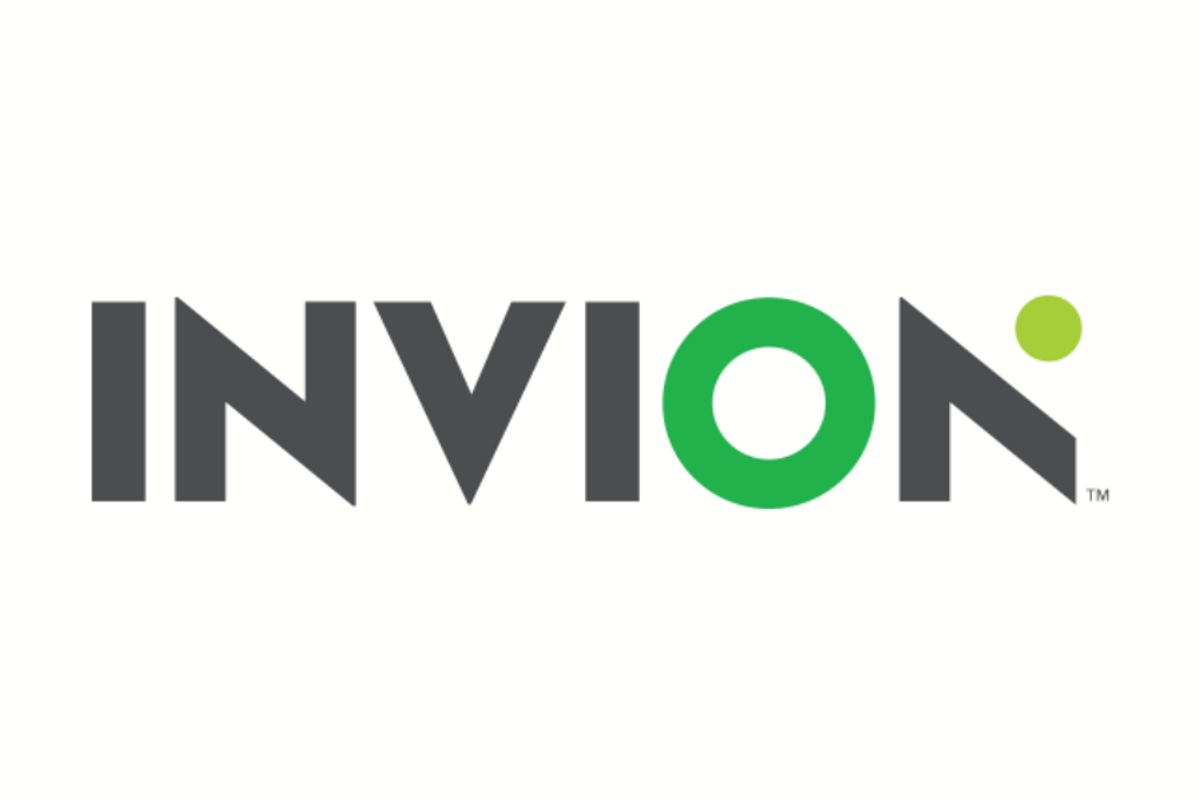
September 17, 2024
Invion Limited (ASX: IVX) (“Invion” or the “Company”) wishes to announce that RMW Cho Group Limited (RMWC), the licensor of the Photosoft™ technology, has successfully completed a Phase II prostate cancer trial1 (ACTRN12621000633886) using a sublingual (under the tongue) formulation of INV043, the same active pharmaceutical ingredient (API) in the topical formulation that Invion is using for its Phase I/II non-melanoma skin cancer trial.
Highlights:
- RMW Cho Group Limited (RMWC) has provided Invion a report authored by Scendea detailing a recently completed investigator-led Phase II prostate cancer trial using the photosensitiser INV043
- The trial results showed that INV043 administered sublingually (under the tongue) has a solid safety profile and demonstrated promising efficacy signals three months post treatment:
- A regime of 6 cycles of INV043 treatments was very well tolerated by patients
- No serious adverse events were experienced and all side effects reported were mild
- 40% of patients showed a positive response as measured by the RECIST 1.1 standard (10% had complete response)
- 44% of patients had negative PSMA-PET results 3 months post treatment
- The positive safety and efficacy signals for INV043 opens the potential for treatment of prostate cancer without the serious side effects associated with conventional treatments
- The safety data from the trial indicates potential for INV043 to be administered systemically in future clinical trials including via sublingual and IV routes
- The global prostate cancer market is expected to grow to ~US$27.5 billion by 2032 (8.7% CAGR from 2023 to 2032)4
- INV043 is the same active pharmaceutical ingredient that Invion is using in its Ph I/II skin cancer trial (topical formulation)
RMWC provided Invion with a clinical study summary report collated by Scendea Limited (Scendea) using information received and relied upon from RMWC based on the results of the investigator-led and open label trial that was fully funded by RMWC. Scendea is a leading pharmaceutical development and regulatory consulting group.
The Phase II prostate cancer trial used six treatment cycles of INV043 as a monotherapy. It was found to be safe and well tolerated by patients with no serious adverse events experienced and all side effects reported were mild.
In terms of efficacy signals, 40% of patients showed a positive response to the treatment with 10% demonstrating complete regression as measured by the Response Evaluation Criteria in Solid Tumours (RECIST) 1.1 framework – a standard way to measure the response of a tumour to treatment.
Further, 44% of patients had negative Prostate Specific Membrane Antigen – Positron Emission Tomography (PSMA-PET) results three months post treatment (all patients were positive before the treatment).
The report concluded that “the favourable safety profile and the preliminary efficacy results are promising and warrant further investigation of INV043”. Further details of the study are included in the sections below.
In contrast, radiotherapy, chemotherapy and surgery (which are currently mainstream treatment options) carry risks of significant side effects, such as urinary incontinence, bowel dysfunction, erectile dysfunction and /or infertility2. Due to these risks, the standard of care is to monitor the cancer until it progresses to a point where the benefits of these treatments outweigh the risks.
However, this approach may cause anxiety among patients who will have to live with the cancer without knowing if it will one day become more severe or even life-threatening.
Commenting on the results, Invion’s Executive Chair and Chief Executive Officer (CEO) Thian Chew said:
“It’s very exciting to see these results for our lead cancer candidate, INV043. The results showed that INV043 can be safely administered and activated with light to treat prostate cancer. It also highlighted its potential to be safely administered systemically to patients, including via sublingual and even IV routes.
“Together with the positive efficacy signals from this trial, this points to the prospect of INV043 to become an effective treatment for prostate cancer without the devastating side effects that can be associated with conventional treatments.”
Prostate cancer is the second most common cancer in men3. The global prostate cancer market is expected to grow to around US$27.5 billion by 2032, representing a compound annual growth rate (CAGR) of 8.7% over the forecast period from 2023 to 20324.
Invion’s patented lead Photosensitiser, INV043, was developed to preferentially target and accumulate in tumour cells, and not healthy cells. The trial design focused on the safety and efficacy of sublingually administrated INV043 as a monotherapy and the use of a laser probe to apply red light to the prostate/prostatic fossa using transurethral and/or transrectal intraluminal techniques.
On the back of these results, Invion is exploring opportunities to progress this program into a larger trial that may explore avenues to further improve response rates including combination therapies with immunotherapies, such as immune checkpoint inhibitors (ICIs). In vivo studies undertaken separately by the Peter MaCallum Cancer Centre and Hudson Institute of Medical Research found INV043 to dramatically improve the effectiveness of ICIs on various cancers5.Click here for the full ASX Release
This article includes content from Invion Limited, licensed for the purpose of publishing on Investing News Australia. This article does not constitute financial product advice. It is your responsibility to perform proper due diligence before acting upon any information provided here. Please refer to our full disclaimer here.
The Conversation (0)
28 January
Expansion of SVN-015 into Depression Following Positive Preclinical Data
Demonstrates antidepressant-like activity benchmarked against fluoxetine (Prozac®), supporting potential in patients with inadequate SSRI response
Solvonis Therapeutics plc (LSE: SVNS), an emerging biopharmaceutical company developing novel medicines for high-burden central nervous system ("CNS") disorders, announces the expansion of its investigational compound SVN-015 into the treatment of depression, supported by preclinical data... Keep Reading...
20 January
5 Biggest Pharmaceutical ETFs for Investors in 2026
Experienced and novice investors alike may want to consider pharmaceutical exchange-traded funds (ETFs) as a way to gain exposure to the top pharma companies and the pharma market as a whole. Like all ETFs, pharmaceutical ETFs are a good option for those who want to trade a set of assets in the... Keep Reading...
17 December 2025
InMed Announces Results of 2025 Annual General and Special Meeting
InMed Pharmaceuticals Inc. (NASDAQ: INM) ("InMed" or the "Company"), a pharmaceutical company focused on developing a pipeline of proprietary small molecule drug candidates for diseases with high unmet medical needs, today confirmed that, at its annual general and special meeting of shareholders... Keep Reading...
12 December 2025
InMed Provides Update on BayMedica Commercial Business
InMed Pharmaceuticals Inc. (NASDAQ: INM) ("InMed" or the "Company"), a pharmaceutical company focused on developing a pipeline of proprietary small molecule drug candidates for diseases with high unmet medical needs, today released the following statement.Recently, H.R. 5371, the "Continuing... Keep Reading...
09 December 2025
Invion Advances Global Strategy With New Licencing Agreement
Invion (ASX:IVX) has taken a major step forward with a new global licencing agreement that streamlines its rights across key cancer and infectious disease programs. The move gives the company a clearer path to advance its Photosoft technology, expand market opportunities and strengthen... Keep Reading...
18 November 2025
InMed Announces Successful Completion of Pharmacokinetic Studies in Large Animal Model for Its Alzheimer's Disease Candidate INM-901
Data demonstrate a favorable bioavailability profile of INM-901 oral formulationData will support design and planning of first in human clinical trialsPreparing for pre-IND meeting with the FDA InMed Pharmaceuticals Inc. (NASDAQ: INM) ("InMed" or the "Company"), a pharmaceutical company... Keep Reading...
Latest News
Interactive Chart
Latest Press Releases
Related News
TOP STOCKS
American Battery4.030.24
Aion Therapeutic0.10-0.01
Cybin Corp2.140.00



